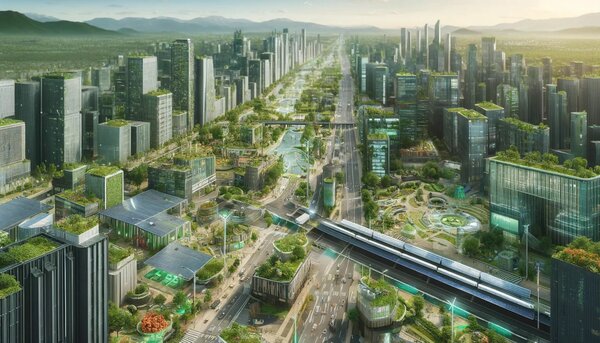| 17. Urban Mobility Startups for Livable Cities | |
|---|---|
Offered by | IE&IS and BE |
Available in timeslot | C or D |
Target student major |
|
Preferred entrance knowledge / skills |
|
Student capacity | 72 |
Group size | 6 |
Contact person | Albert Schrotenboer, a.h.schrotenboer@tue.nl |
Project description
The city of the future will be green, sustainable, and livable. This is driven by technological advancements (autonomous vehicles/shared mobility/electric vehicles), but its success depends on various social criteria. We leverage data from a variety of sources (geospatial, demographics, logistics, supply chains, etc.) to develop and design new innovative mobility concepts that will advance the livability of cities. Examples include the 15-minute city, where every citizen should be able to reach everything, they need within 15 minutes, meta-subscriptions for on-demand transportation/mobility services, or combining logistics flows to make more efficient use of the scarce space. Each year, the specific challenges will depend on the data that is provided. The challenge will mimic a green startup in the city logistics and mobility domain. The challenge will require at least a conceptual business model design based on industrial engineering and urban planning principles via the lens of logistics and mobility, an evaluation of the built environment considerations, and the evaluation of such a design via a simulation study that operationalizes the proposed startup concept. Techniques from operations research, data science, AI, optimization, choice modelling, building design, control systems, geographical analysis are all needed to effectively evaluate the potential of the green startup.
